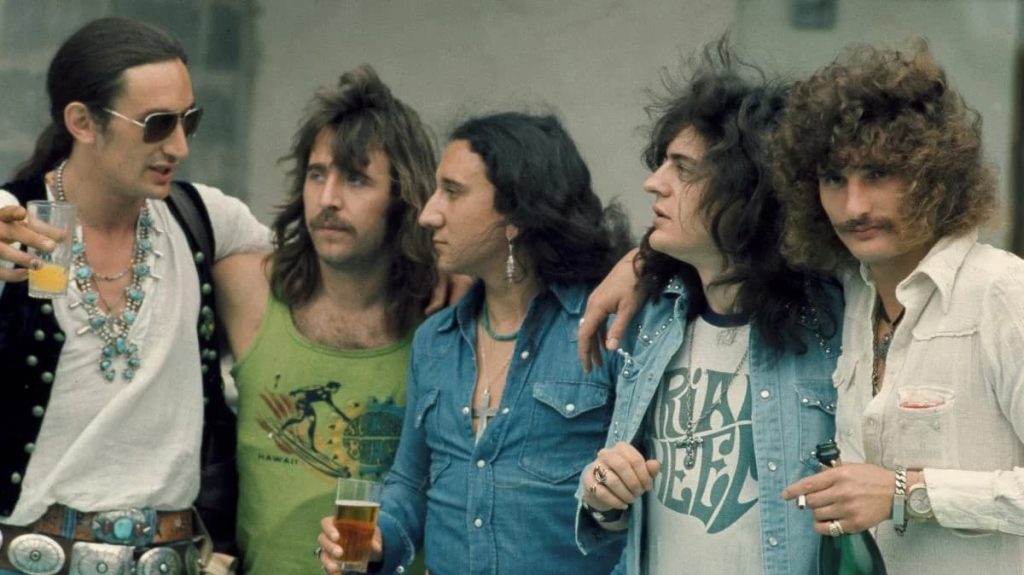
A Reflective Journey into Self-Discovery: “Look at Yourself” by Uriah Heep
In 1971, at a time when rock music was evolving into a powerful medium of introspection and expression, Uriah Heep gifted us with a song that resonates with self-examination and inner strength—“Look at Yourself.” Originally featured on their third studio album, also titled Look at Yourself, this track marked a pivotal moment in the band’s career, both musically and emotionally. Written by the talented Ken Hensley, who also lent his voice to this particular recording, the song stands as a testament to the spirit of authenticity and the courage to confront one’s own truth.
The story behind “Look at Yourself” is as compelling as its haunting melody. During the recording session, the band’s usual frontman, David Byron, found himself sidelined by throat problems. In a twist of fate that might have been seen as a setback, Ken Hensley stepped up to the microphone, infusing the song with a unique vocal delivery that would later become an integral part of its character. Hensley’s decision to take over the lead vocals under challenging circumstances not only exemplified the resilience inherent in the creative process but also lent the song an added layer of intimacy and vulnerability. Despite this change, Byron’s contributions in live performances—where he reclaimed the role—remained cherished by fans, highlighting the dynamic interplay of talent within the band.
Musically, “Look at Yourself” is a compelling fusion of hard rock edge and lyrical introspection. The song’s arrangement, characterized by its robust guitar lines, driving percussion, and melodic keyboard overlays, creates an atmospheric soundscape that invites listeners to pause and reflect. Its composition mirrors the very act of self-reflection; each note and chord progression seems to encourage a moment of introspection, as if the music itself were asking the listener to truly look at themselves. This theme of self-examination is woven throughout the lyrics, serving as both a mirror and a call to action—a reminder that personal growth often begins with the courage to face one’s own reality.
Over the years, “Look at Yourself” has transcended its origins as just another track on a studio album. It found new life on the band’s first live album, Uriah Heep Live, where the raw energy of a live performance underscored the song’s powerful message. Its inclusion on The Best of Uriah Heep compilation further cemented its status as a quintessential piece of the band’s storied legacy. For many fans who grew up during that era, the song is more than just a musical performance—it’s a cherished memory, a piece of rock history that evokes both nostalgia and a sense of personal connection.
For those who remember the days when rock was not only about spectacle but also about honest, soul-searching expression, “Look at Yourself” offers a moment of quiet reflection. Its lyrics challenge us to confront our own lives, our dreams, and our shortcomings, urging us to grow and change. In a world that often encourages us to look outward, the song reminds us of the importance of looking inward, of taking a hard, honest look at ourselves as the first step toward personal evolution.
Today, “Look at Yourself” remains a timeless reminder of the power of self-reflection. Whether you’re revisiting it for the first time or it evokes memories of youth and the transformative power of rock ‘n’ roll, this track by Uriah Heep endures as an invitation to explore the depths of our own souls—a melodic journey toward understanding who we are and what we truly aspire to be.